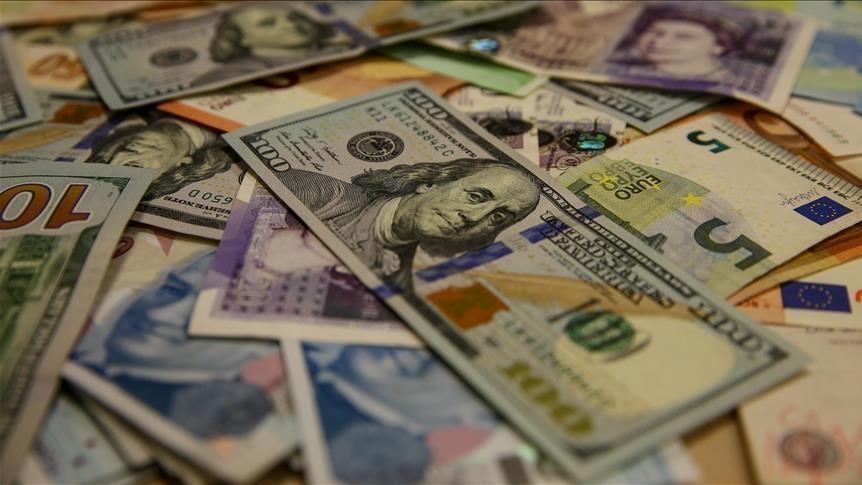Africa-Press – Botswana. Botswana has announced a 2.76% devaluation of its national currency, the Pula. This move aims to boost exports and local production in response to declining diamond revenues and shrinking foreign reserves.
The government reviews its exchange rate twice a year, adjusting it upwards or downwards through a crawling band exchange rate regime, under which the Pula is pegged to a basket of currencies including the South African rand.
Officials have defended the government’s move, arguing that it is necessary to stimulate domestic industry and improve competitiveness, particularly as the economy reels from a 3% GDP contraction in 2024, with a further decline expected in 2025.
When explaining the rationale behind the devaluation, Acting Secretary for Macro-Economic and Financial Policy at the Ministry of Finance, Dr. Sayed Timuno, stated that the move was designed to boost Botswana’s exports and encourage local producers to increase output. “A weaker Pula makes Botswana’s exports cheaper and more competitive. This encourages local producers to make more goods for sale abroad and reduces reliance on imports. It’s a tool to protect our economy in tough times.”
Dr. Timuno further noted that the change also allows the Bank of Botswana to raise the foreign currency trading limit from US1milliontoUS5 million, aimed at improving currency access and managing inflation within the 3–6% target range.
Despite being regarded as one of Africa’s most stable economies, Botswana’s GDP contracted by 3% in 2024 due to a sharp decline in diamond exports, which form the backbone of its economy, with a further contraction expected in 2025.
“The Pula will remain pegged at 50% to the South African Rand and 50% to the IMF’s Special Drawing Rights (SDR) basket, and the Bank of Botswana has increased the threshold for foreign currency trading with banks from US1milliontoUS5 million,” said Timuno.
Timuno stated that the stability of the Pula exchange rate mechanism was nonetheless highly dependent on the availability of foreign reserves. He said the recent decline in foreign exchange reserves, further worsened by the current macroeconomic environment, had the potential to compromise the stability of the exchange rate mechanism.
The Pula devaluation has, however, had a lukewarm reception, with some economists and the business community arguing that the move will hurt consumers first.
Economist Sennye Obuseng cautioned that the move will lead to higher costs for imports, which dominate Botswana’s supply chain, from food and clothes to equipment and fuel.
“Most of our consumer goods and inputs for production, including machinery, equipment, and raw materials, are imported. The prices of these will rise as a result of this policy measure. So consumers can expect to pay more for goods. Firms should also expect to pay more for their inputs, and they will pass the costs to both domestic and foreign buyers. In short, the measure is inflationary. The prices of exports and imports are the primary mediums for the transmission of these policy measures. Expect the prices of imports to rise because devaluation means more Pula for the Rand, Dollar, Euro, Pound Sterling, Yen, and Yuan than before,” Obuseng noted, further adding that companies that import inputs and produce for the domestic market will raise prices, which are going to be a little tougher for the consumer.
Botswana has typically held foreign reserves equal to more than 10 months of import cover, but reserves have been declining since 2018 and fell to a record low of 5.2 months in February this year due to a decline in diamond revenue.
Regarding the measure of widening trading margins for currency exchange, Obuseng said it is intended to preserve foreign exchange reserves, support the development of a foreign exchange market, and make foreign exchange more accessible.
“Whilst it will no doubt achieve the objectives of strengthening the currency exchange market and improving access to foreign exchange, it will also allow commercial banks to expand their profit margins for buying and selling foreign exchange.
So consumers can expect to pay more Pulas for South African Rands, or any other currency for that matter, and get fewer Pulas when they sell foreign currency,” explained Obuseng, adding that for consumers and firms that import inputs, this measure will also generate inflationary pressures.
Source: TheVoiceBW
For More News And Analysis About Botswana Follow Africa-Press






